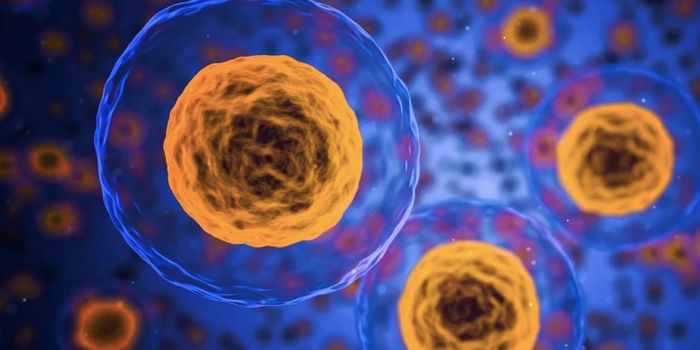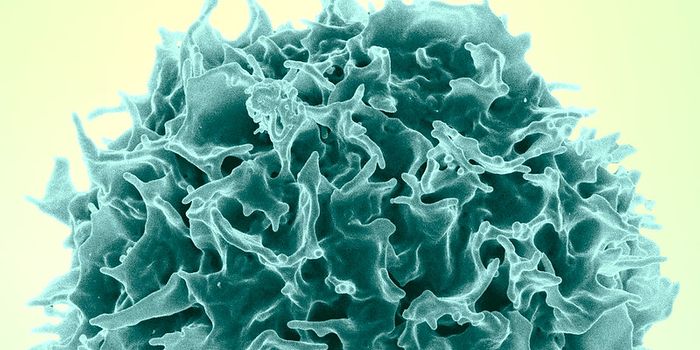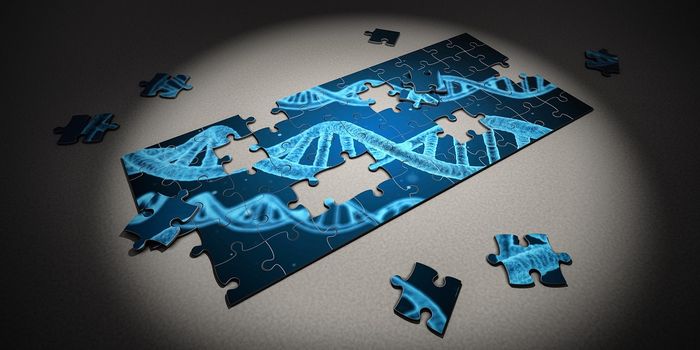Caught on Tape: Immune Cells Migrating From the Gut to the Brain
A team of immunologists has taken the first glimpse at a never-before-seen migratory path of immune cells from the gut and the skin to the brain. This discovery creates new opportunities for treating a wide range of conditions with a strong immune component, such as cancer and multiple sclerosis.
Researchers have known about the strong ties between the gut microbiome (bacteria, fungi, viruses, and other microorganisms that inhabit the digestive system) and its effects on the central nervous system. Known as the gut/brain axis (GBA), this link is thought to influence a wide range of physiological and pathological mechanisms from metabolism to mental health conditions such as depression.
Now, researchers ‘see’ the GBA in action for the first time. The team, led by Thomas Korn of the Technical University of Munich, developed a novel technique of labeling immune cells in mice using specialized photoconvertible proteins that glow under violet light. The scientists then used the method to follow the path of T cells from the lymph nodes, gut, and skin into the central nervous systems of these animals.
Korn and colleagues reported fascinating patterns in the journeys of these immune cells as they entered the brain. Skin T cells infiltrated the gray and white matter. In contrast, gut T cells ended their migratory paths exclusively in the white matter.
What makes these insights so important is that they demonstrate for the first time that environmental influences impact the T cells in lymph nodes in the gut and the skin, which then carry this information into the distant organs,” said Korn.
These findings open the door to new treatment possibilities for conditions such as multiple sclerosis, wherein T cells in the central nervous system are known to cause inflammatory flare-ups, worsening their symptoms. Understanding the origins of these T cells—either from the gut or the skin—could mean that the immune cells are treated at the source before they migrate into nervous tissues, thereby resisting uncontrolled autoimmune reactions.









